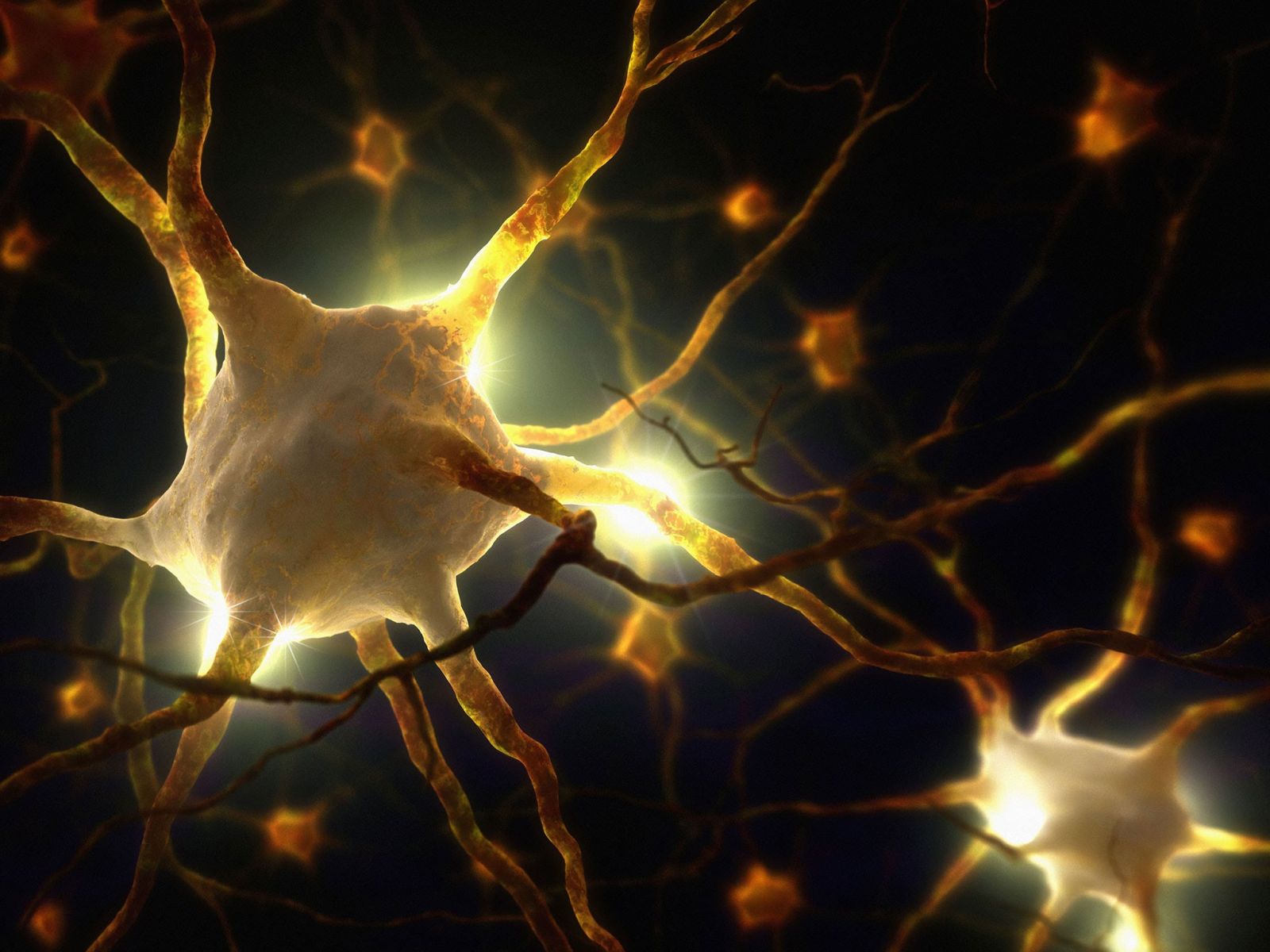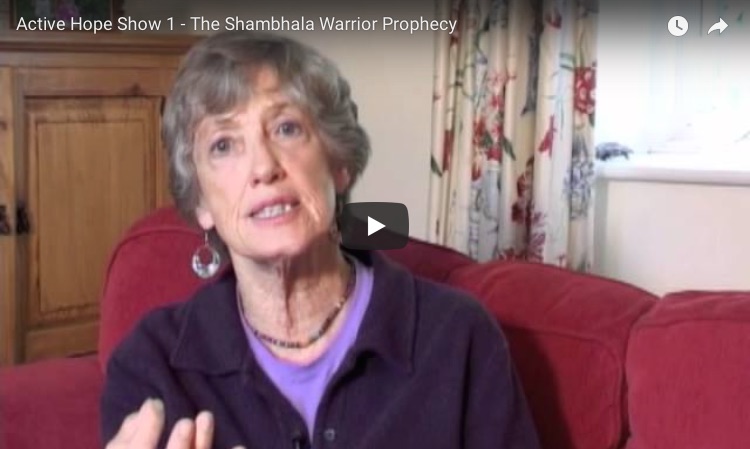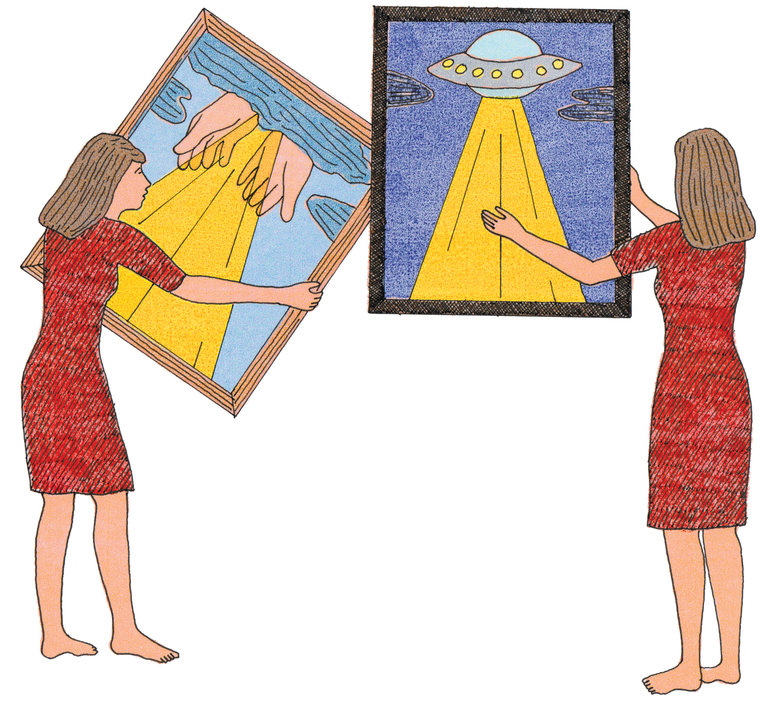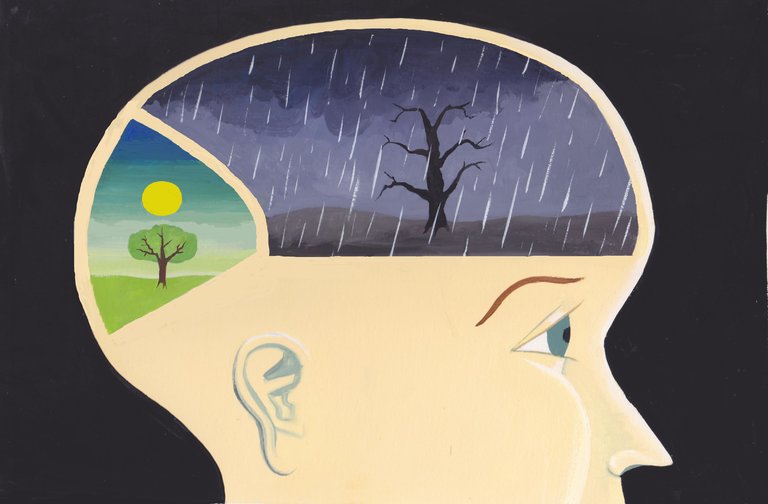The new Star Wars film dramatically breaks with the franchise’s reverence for tradition when it comes to learning the ways of the Force.

Photo: Disney
This story contains spoilers for The Last Jedi.
For at least two generations, the Star Wars saga has served as a kind of secularized American religion. Throughout the series, the Force is a stand-in for a divine power that draws on a number of mystical traditions, representing the balance of good and evil, the promise of an ultimate unity, and the notion that those learned in its ways can tap into the infinite.











